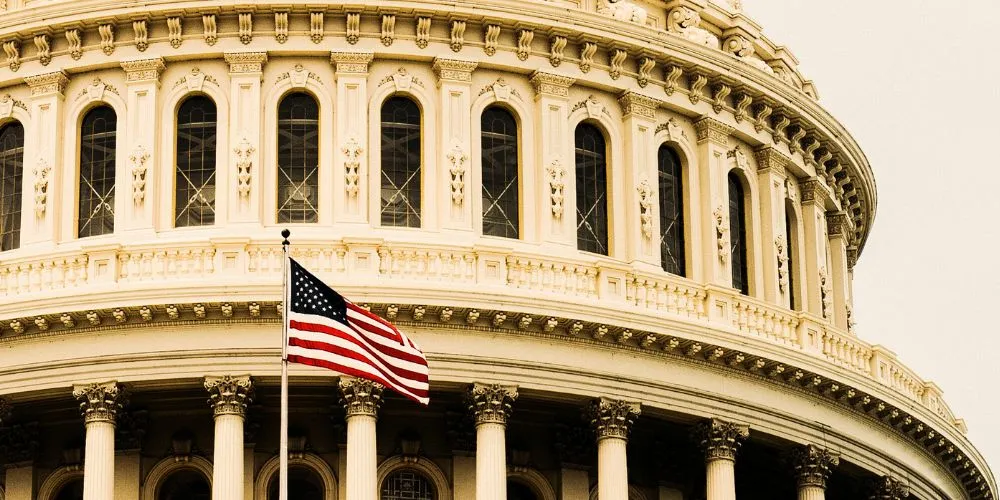Key Points:
- The number of organizations lobbying on AI rose to 462 in 2024, driven by sectors like healthcare, defense, and finance.
- AI lobbyists focus on educating lawmakers about AI, positioning themselves as experts rather than pushing specific legislation.
- Lobbyists aim to prevent U.S. AI regulations from mirroring the EU’s stricter approach.
- Universities and nonprofits struggle to keep pace with industry lobbying due to limited resources and access to advanced technology.
The artificial intelligence (AI) industry has significantly ramped up lobbying efforts in Washington, deploying numerous influencers to shape government policy on AI regulation. As AI technology rapidly integrates into critical sectors like healthcare, defense, and finance, lobbyists are playing a pivotal role in guiding lawmakers struggling to keep up with AI advancements.
Lobbyists from top corporations and trade groups, including Microsoft, Intuit, Amazon, and the Chamber of Commerce, are aggressively educating Congress on AI through briefings and presentations. Their primary goal is to influence AI regulation, steering the U.S. from stringent measures like the European Union’s Artificial Intelligence Act. According to Open Secrets, the number of organizations lobbying on AI rose to 462 in 2024, reflecting a nearly 200% increase since 2022.
The lobbying push has been effective; lawmakers have made little progress on AI regulation, with most legislative action unlikely before the November election. Lobbyists argue that fears about AI’s risks are overstated and caution against replicating the EU’s regulatory approach, which they describe as overly restrictive.
AI lobbyists have found success by positioning themselves as educators rather than advocates for specific bills, which builds trust and rapport with lawmakers. This approach has been particularly effective because many legislators are eager to learn about the rapidly evolving technology. “On AI, we are pushing on an open door in Congress,” said Craig Albright, a top lobbyist for The Software Alliance, representing companies like Microsoft and IBM.
Academia and nonprofits, which offer nonpartisan insights on AI’s impact, are struggling to keep up with the industry’s influence. Universities like MIT have held meetings and briefings for Congress, but the lack of access to cutting-edge computing resources and funding puts them at a disadvantage. An MIT professor, Max Tegmark, described the challenge as trying to compete against industry lobbyists’ loud, overwhelming presence.
As AI advances, the disparity between industry and independent voices in AI policymaking highlights the ongoing challenge of balancing innovation with responsible regulation.












